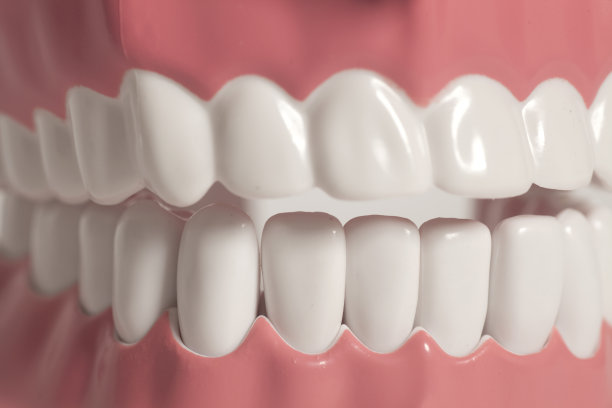Essential Tips and Precautions to Consider Before Receiving a Dental Filling for Optimal Oral Health
Summary: Dental fillings are a vital procedure for maintaining oral health, yet many overlook essential tips and precautions before undergoing the treatment. This article explores four key areas that patients should consider: understanding the types of dental fillings, assessing potential risks and side effects, the importance of oral hygiene post-treatment, and discussing the procedure with the dentist. By keeping these tips in mind, individuals can ensure they are well-informed and prepared, ultimately leading to better outcomes for their dental health.
1. Understanding the Types of Dental Fillings

Dental fillings come in several materials, each serving a unique purpose and providing different benefits. Common types include amalgam, composite resin, gold, and porcelain fillings. Amalgam fillings, composed of a mixture of metals, are durable and ideal for areas requiring strength, such as molars. On the other hand, composite fillings blend with the natural tooth color, making them more aesthetically pleasing for visible areas.
Patient preferences often influence the choice of material. Discussing material options with your dentist is crucial to ensure the selected filling type aligns with both personal needs and oral health. Each type has its pros and cons, and knowing these can help you make a well-informed decision.
Additionally, consider the longevity and cost associated with each filling type. For instance, while gold fillings may offer superior durability, they also come with a higher price tag. Weighing these aspects helps ensure you choose the best filling for your situation.
2. Assessing Potential Risks and Side Effects
Receiving a dental filling is generally safe; however, it is crucial to recognize potential risks and side effects. Some patients may experience sensitivity in the treated tooth after filling placement. This sensitivity can manifest as heightened discomfort when consuming hot or cold foods and beverages. Usually, this sensitivity subsides within a few weeks, but alarming changes should be reported to your dentist.
Another consideration involves allergic reactions to specific filling materials. While rare, some individuals might react negatively to metals like nickel found in amalgam fillings. If you have a known allergy to dental materials, it’s essential to notify your dentist beforehand to avoid any complications.
Furthermore, the fading or deterioration of fillings over time can necessitate replacements, which may result in additional visits and costs. Maintaining open dialogue with your dental professional about any symptoms or concerns keeps your treatment on track and enhances your overall oral health.
3. Importance of Oral Hygiene Post-Treatment
Following a dental filling, maintaining good oral hygiene is imperative for long-lasting results. Brushing and flossing daily helps remove food debris and plaque that can lead to decay around the filling. It’s vital to follow your dentists instructions regarding your oral care routine, as each case may vary based on the filling type and personal health factors.
Regular dental check-ups will also aid in monitoring the condition of your fillings and overall oral health. Your dentist will look for signs of decay near the filling, checking for wear and ensuring your dental work remains intact. Keeping these appointments will help catch any potential issues early, preventing more extensive and costly treatments later.
Additionally, its essential to avoid poor dietary choices that can impact oral health. Limiting sugary snacks and acidic drinks will benefit both your fillings and overall dental hygiene. Adopting a balanced diet rich in vitamins and minerals is crucial in keeping your teeth strong.
4. Discussing the Procedure with Your Dentist
Prior to receiving a dental filling, engaging in a thorough discussion with your dentist is invaluable. Prepare a list of any questions or concerns you may have about the procedure. This not only helps reduce anxiety but also ensures you fully understand the process and expected recovery.
Your dentist will provide details on what to expect during the filling procedure, including any anesthesia options. It’s important to address any previous dental experiences, as they can impact your comfort level. Open communication fosters a trusting relationship and can significantly improve your overall experience.
Lastly, discussing aftercare is fundamental. Your dentist can guide you on how to care for your newly filled tooth and when to schedule follow-up visits. Being proactive in these discussions can lead to optimal surgical outcomes and successful management of your oral health.
Summary:
In conclusion, being informed about dental fillings is crucial for maintaining optimal oral health. Understanding different filling types, assessing risks, ensuring diligent post-treatment hygiene, and engaging with your dentist are all vital steps before undergoing the procedure. By considering these essential tips and precautions, patients can enhance their readiness for receiving dental fillings and pave the way for a healthier smile.
This article is compiled by Vickong Dental and the content is for reference only.



